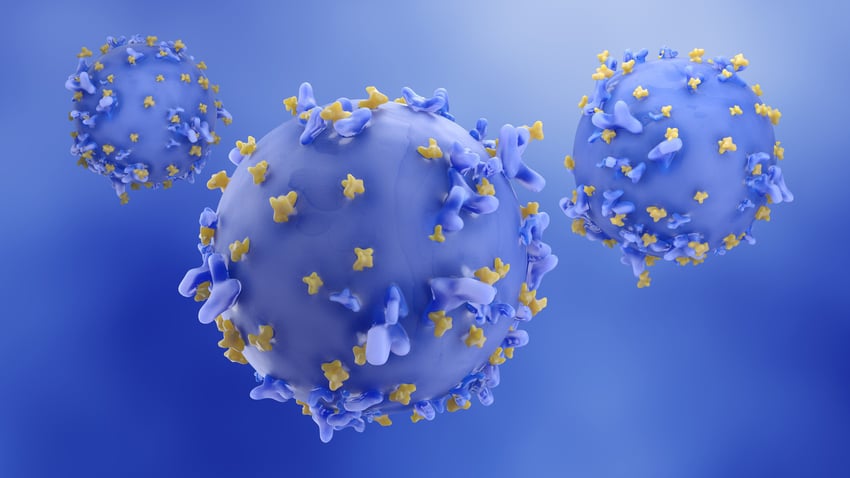Anito-cel Offers Competitive Edge Over Carvykti in Multiple Myeloma Trials

Gilead Sciences, in collaboration with Arcellx, has unveiled compelling data for their novel CAR-T therapy, anitocabtagene autoleucel (anito-cel), aimed at treating relapsed or refractory multiple myeloma. The data from the Phase II iMMagine-1 trial highlights an impressive 95% overall response rate among 58 patients, with a significant 62% achieving complete or stringent complete responses. Notably, the therapy demonstrated robust safety features, with the absence of delayed neurotoxicity events and a six-month progression-free survival rate of 90%[1][2]. Analysts argue that these findings position anito-cel as a strong contender against the established CAR-T therapy, Carvykti, by offering a potentially superior risk/benefit profile suitable for outpatient settings[1][3].
References
Explore Further
What are the main reasons behind the treatment-related deaths observed in the anito-cel trials?
How significant is the absence of neurotoxicities in anito-cel as compared to Carvykti in terms of patient safety and treatment outcomes?
What are the implications of Phase III trials for anito-cel on its potential future market success against Carvykti?
How does the market view the potential of anito-cel given the mixed reactions from investors despite its promising efficacy and safety data?
What strategies are Gilead Sciences and Arcellx implementing to mitigate the concerns over treatment-related fatalities in anito-cel trials?